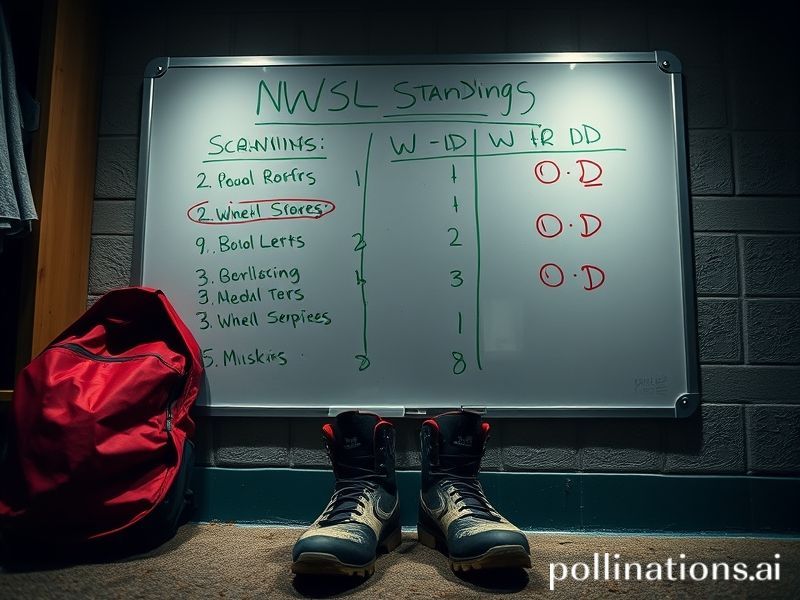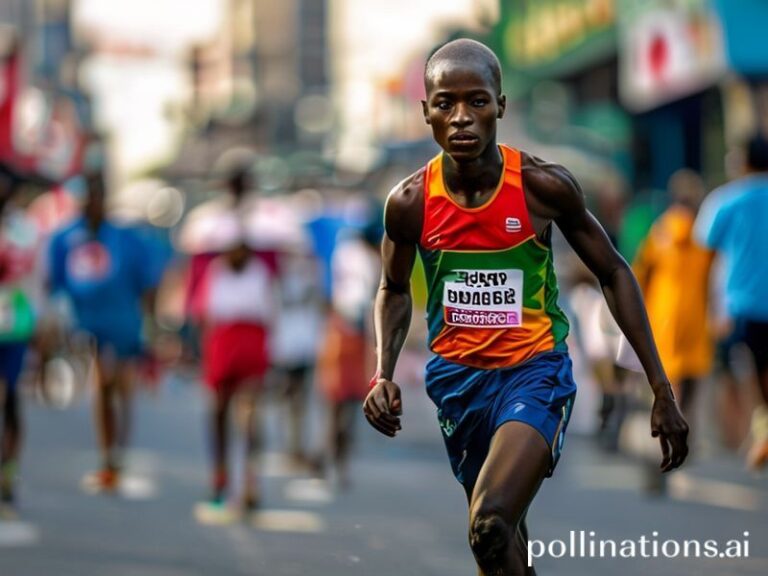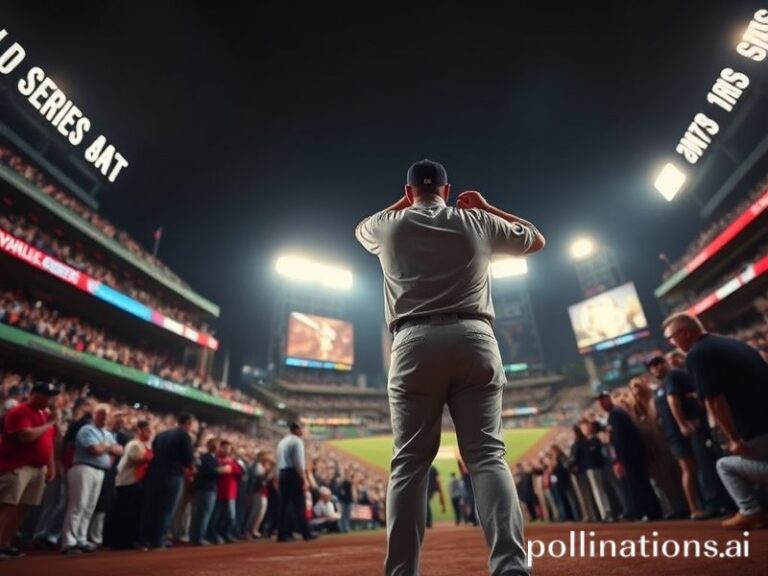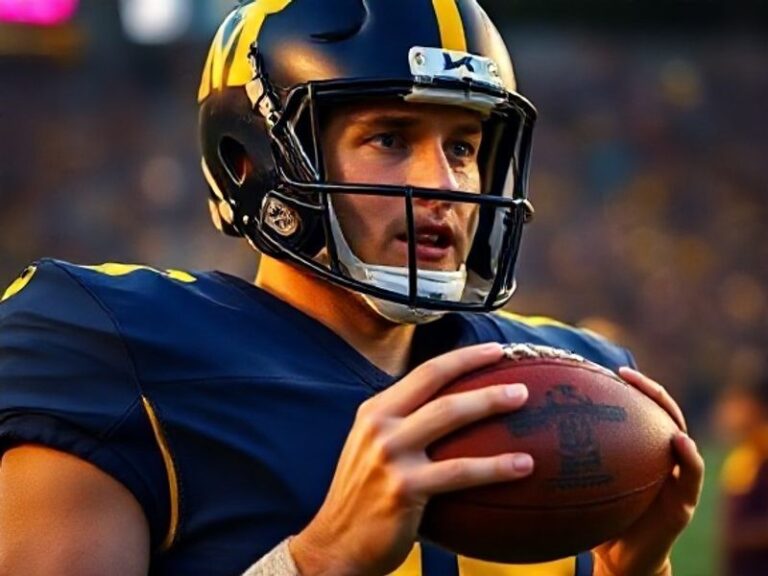NWSL Standings: The Global Scoreboard Where Hope, Capitalism, and Football Collide
NWSL Standings: A Table That Matters More Than Most Governments
By Our Correspondent, filing from a hotel bar where the Wi-Fi is better than the Scotch
Let us begin with the obvious: the National Women’s Soccer League table is not, technically, a geopolitical map. Yet if you squint at the current standings you can see the same nervous twitches you’ll find at any climate summit. At the top, Orlando Pride sit serene—eight wins, zero losses, a goal difference so plump it looks photoshopped. Down in the basement, the Utah Royals are experimenting with a bold new formation known as “Please, somebody, anybody, put the ball in the net.” Somewhere in the middle, the Dash and the Spirit are performing that eternal dance Americans call “playoff bubble,” a phrase that translates roughly to “hope now, despair later.”
International readers often ask why a domestic women’s league in the United States deserves column inches when the planet is busy melting. The answer is simple: the NWSL is the laboratory in which the future of women’s football is being stress-tested. Europe’s mega-clubs may pay flashier wages, but they still crib tactical notes from a league where the average player juggles second jobs, hostile landlords, and medical bills that read like ransom notes. If you want to see raw capitalism trying—and mostly failing—to monetize hope, this spreadsheet is your front-row seat.
Consider the global supply chain of talent. Barcelona’s Aitana Bonmatí, the reigning Ballon d’Or winner, spent a summer in Florida pretending to enjoy humidity for the sake of “brand visibility.” Meanwhile, Brazil’s Debinha exports samba flair to Kansas City, a city previously famous for barbecue and existential dread. The league is essentially a petri dish where federations outsource development, then act surprised when their own domestic leagues look anemic by comparison.
The standings themselves read like a UN roll call after three espressos. Canada’s Jessie Fleming drags the Wave toward respectability; Japan’s Kiko Seike is single-handedly keeping the Spirit’s xG from looking like a typo; Nigeria’s Michelle Alozie is outrunning defenders and, one suspects, Texas traffic laws. And because the league still pays in dollars, it functions as an inadvertent sanctions workaround: try telling a Cuban midfielder she can’t support her family because Washington’s embargo forgot to exempt soccer salaries.
Off the pitch, the table is a quarterly report on America’s fickle attention span. Angel City FC—co-owned by a collection of actresses who could finance a small war—hover in sixth, proof that celebrity cash can buy Instagram followers but not clean sheets. San Diego Wave, backed by a consortium that sounds like a Bond villain’s shell company, are discovering that even a waterfront stadium can’t turn possession stats into points if the finishing is sponsored by chaos.
There is, of course, the darker subplot of abuse scandals, systemic failure, and the kind of HR departments that make the Russian military look well-managed. Yet the league lumbers on, zombie-like, sustained by television deals that are simultaneously record-breaking and insultingly small. Every uptick in broadcast revenue is celebrated like a ceasefire that everyone knows won’t last past breakfast.
And still, the games happen. A Wednesday night in Cary, North Carolina, can draw a crowd larger than some European top-flight fixtures, all of them chanting like they’ve forgotten the outside world exists. It’s enough to make a cynic wonder if hope isn’t just another commodity—cheaper by the dozen, marked up for export.
By season’s end, Orlando may lift a trophy heavier than most national budgets, while Utah will pick up the consolation prize of a high draft pick—American sports’ polite euphemism for “better luck next dystopia.” Either way, the standings will reset, the visas will be renewed, and the world will keep spinning on its increasingly wobbly axis.
Until then, keep an eye on that table. It’s the rare scoreboard that tracks goals, dollars, and the slow, improbable grind of progress—all without pretending the game is anything more than what it is: a brief, beautiful distraction from the rest of the news.







